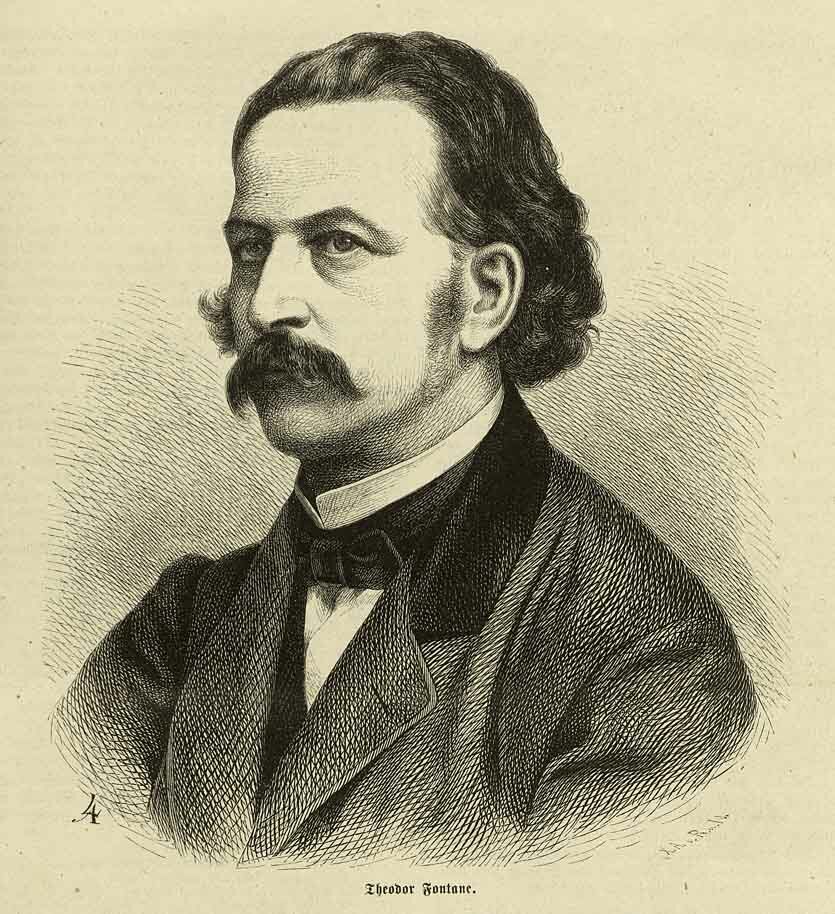The often hostile mood toward Jewish spa guests is also documented in a letter from Theodor Fontane, which he sent from the “Jewish island” of Norderney in 1881. The extent to which resentment and ill will against Jews could be mobilized here is clearly demonstrated by the writer’s example; he thus wrote to his wife Emilie during his stay:
„The Jews were fatal; their sassy, unsightly rogues’ faces (for in roguery lies their whole greatness) impose themselves everywhere. Anyone who has cheated people for a year in Rawicz or Meseritz, or, if not cheated, has done disgusting business, has no right to wander about in Norderney among princesses and countesses. Those who belong to good society, Jew or Christian, may also move about in good society; but those who measure katun or pack camphor in old furs for eleven months has no right to sit at a count’s table in the twelfth month.“
Throughout his life, the writer Fontane sought recognition—more or less in vain—from the Prussian nobility and had—symbolically speaking—struggled for his own place at the count’s table. The fact that a Jewish fur trader—and a so-called “East European Jew”—took his place there and, what is more, stayed in an expensive hotel, aroused the envy of Fontane, whose resentment was constitutive of the anti-Semitism at the seaside resorts. The marginalization of Jewish guests was intended to enhance one’s own person and conceal the fact that one might not have been particularly successful with one’s own social presentation at the spa.

Timeline Norderney
- ↑ Construction of the children’s recreation home of the Zion Lodge I.O.B.B. – October 1, 1910
- ↓ Inauguration of the Norderney Synagogue – August 10, 1878
